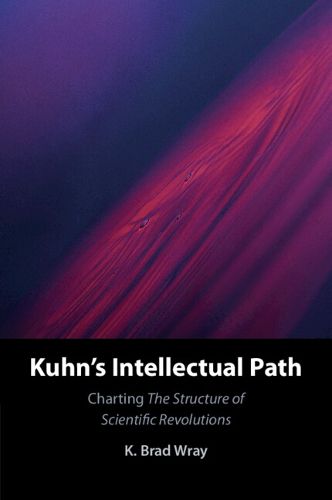Readings Newsletter
Become a Readings Member to make your shopping experience even easier.
Sign in or sign up for free!
You’re not far away from qualifying for FREE standard shipping within Australia
You’ve qualified for FREE standard shipping within Australia
The cart is loading…






Thomas Kuhn's The Structure of Scientific Revolutions offers an insightful and engaging theory of science that speaks to scholars across many disciplines. Though initially widely misunderstood, it had a profound impact on the way intellectuals and educated laypeople thought about science. K. Brad Wray traces the influences on Kuhn as he wrote Structure, including his 'Aristotle epiphany', his interactions, and his studies of the history of chemistry. Wray then considers the impact of Structure on the social sciences, on the history of science, and on the philosophy of science, where the problem of theory change has set the terms of contemporary realism/anti-realism debates. He examines Kuhn's frustrations with the Strong Programme sociologists' appropriations of his views, and debunks several popular claims about what influenced Kuhn as he wrote Structure. His book is a rich and comprehensive assessment of one of the most influential works in the modern sciences.
$9.00 standard shipping within Australia
FREE standard shipping within Australia for orders over $100.00
Express & International shipping calculated at checkout
Thomas Kuhn's The Structure of Scientific Revolutions offers an insightful and engaging theory of science that speaks to scholars across many disciplines. Though initially widely misunderstood, it had a profound impact on the way intellectuals and educated laypeople thought about science. K. Brad Wray traces the influences on Kuhn as he wrote Structure, including his 'Aristotle epiphany', his interactions, and his studies of the history of chemistry. Wray then considers the impact of Structure on the social sciences, on the history of science, and on the philosophy of science, where the problem of theory change has set the terms of contemporary realism/anti-realism debates. He examines Kuhn's frustrations with the Strong Programme sociologists' appropriations of his views, and debunks several popular claims about what influenced Kuhn as he wrote Structure. His book is a rich and comprehensive assessment of one of the most influential works in the modern sciences.